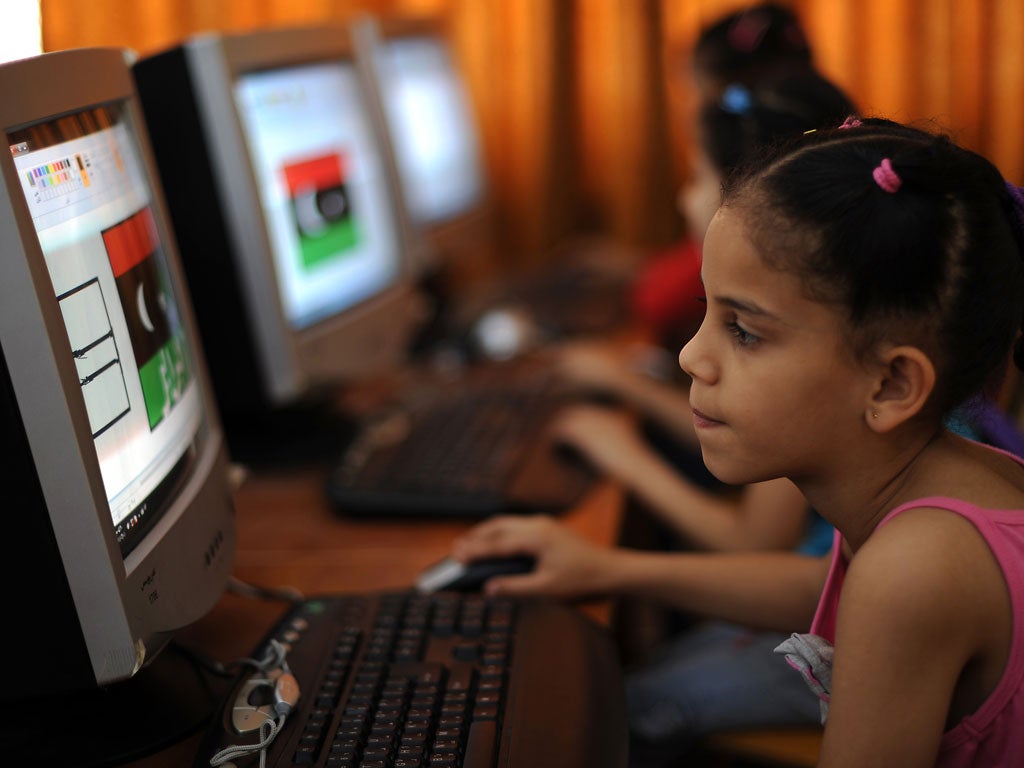Teaching our children to ‘read’ and ‘write’ – the case for computer science
Computer science is a vital, analytical discipline that encourages creativity. This subject, not ICT, is the future of education

For years our children have been let down. In today’s technological world they run their social lives through mobile and immerse themselves in video game. But when it comes to the classroom all we’ve taught them is ICT – a strange hybrid of desktop publishing lessons.
I don’t doubt that these vocational skills are useful, but ICT simply teaches them how to use technology but gives them no insight on how to create technology. In essence we teach our children how to ‘read’, but not how to ‘write’.
Computer science is different. It is a vital, analytical discipline, and a system of logical thinking and problem solving that is as relevant to the modern world as physics, chemistry or biology. And it is from the combination of computer programming skills and creativity by which world-changing companies such as Google, Facebook and Twitter were built. Rolls Royce and GSK depend on great programming too as much as games developers and visual effects companies do.
The games industry alone makes a real contribution to our troubled economy - with over £2 billion in global sales, it is bigger than our film or music industries. That is why the Government's ICT reforms are so important to UK plc.
Putting computer science in the National Curriculum will have a powerful effect; it will help prepare our pupils for some of the UK’s most successful growth industries. Having dedicated, high-calibre computer science teachers in schools will inspire and enable children to be creators of technology rather than being simply passive users of it. Whether it’s making games, fighting cyber-crime or designing the next jet propulsion engine, computer science is at the heart of everything in the digital world in which we live today.

Join our commenting forum
Join thought-provoking conversations, follow other Independent readers and see their replies